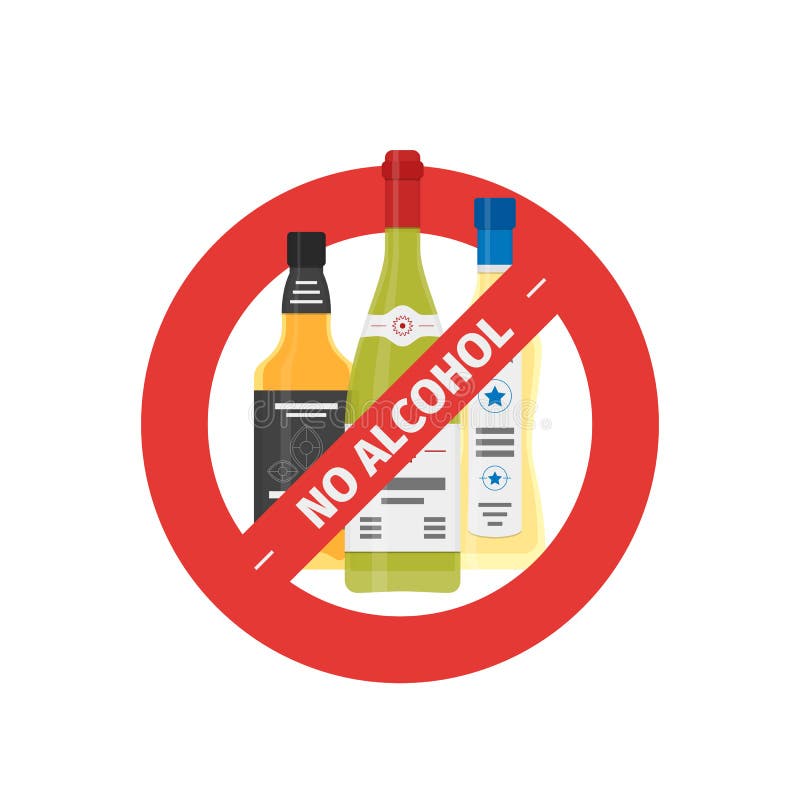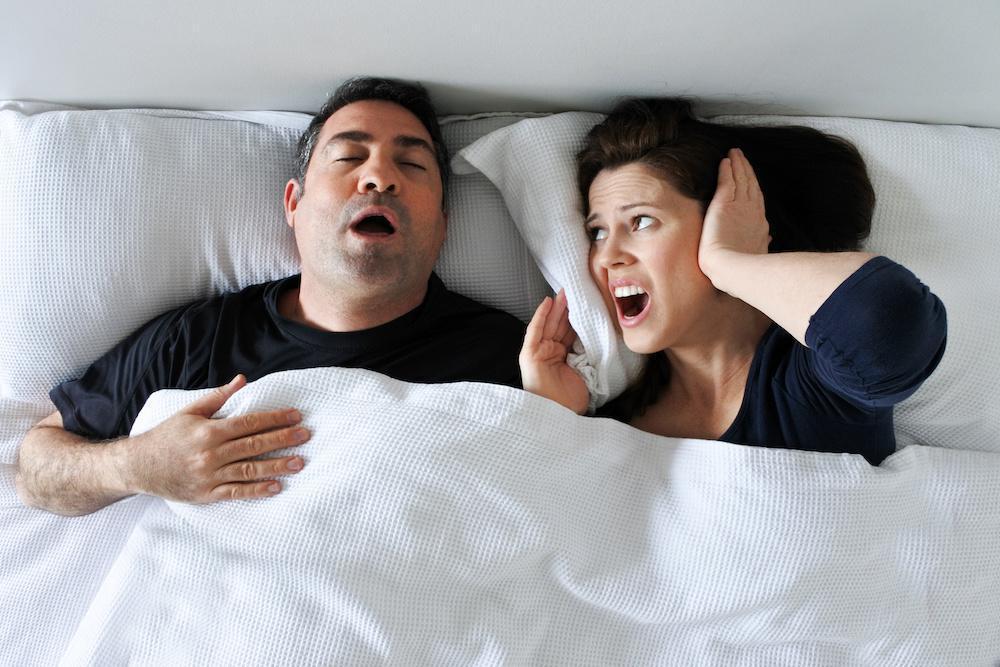7 soluciones fáciles para roncar
Ayuda a poner fin a los ronquidos con estos 7 consejos para dejar de roncar.
You may be among the 45% of adults who snore at least occasionally or you likely know someone who does. They may be the brunt of jokes (“Uncle Joe snores so loudly he rattles the windows!”), but snoring is serious business.

For one, a snoring person often keeps their partner from a good night’s sleep, which can be stressful. “Snoring can create real problems in a marriage,” says Daniel P. Slaughter, MD, an otolaryngologist and snoring expert at Capital Otolaryngology in Austin, Texas.
No solo los ronquidos son una molestia, sino que el 75% de las personas que roncan tienen apnea obstructiva del sueño (cuando la respiración se interrumpe durante el sueño durante períodos cortos), lo que aumenta el riesgo de desarrollar enfermedades cardíacas, dice Slaughter.

Use caution before you self-treat with over-the-counter sprays and pills until you’ve checked with your doctor, says Sudhansu Chokroverty, MD, FRCP, FACP, program director for Clinical Neurophysiology and Sleep Medicine at JFK Medical Center in Edison, N.J. “Many stop-snoring aids are marketed without scientific studies to support their claims,” says Chokroverty, who is also a neuroscience professor at Seton Hall University’s School of Health and Medical Sciences.
En su lugar, pruebe estas soluciones naturales y cambios en el estilo de vida, que pueden ayudarlo a dejar de roncar.
1. Cambie su posición para dormir.
Acostarse boca arriba hace que la base de la lengua y el paladar blando colapsen en la pared posterior de la garganta, causando un sonido vibrante durante el sueño. Dormir de lado puede ayudar a prevenir esto.
“A body pillow (a full-length pillow that supports your entire body) provides an easy fix,” Slaughter says. “It enables you to maintain sleeping on your side and can make a dramatic difference.”
Taping tennis balls to the back of your pajamas can also stop you from sleeping on your back, Chokroverty says. “Or you can recline the bed with the head up and extended, which opens up nasal airway passages and may help prevent snoring. This may cause neck pain, however.”
If snoring continues regardless of the sleep position, obstructive sleep apnea may be a cause. “See a doctor in this case,” Chokroverty says.
2. Perder peso.

Weight loss helps some people but not everyone. “Thin people snore, too,” Slaughter says.
If you’ve gained weight and started snoring and did not snore before you gained weight, weight loss may help. “If you gain weight around your neck, it squeezes the internal diameter of the throat, making it more likely to collapse during sleep, triggering snoring,” Slaughter says.
3. Evite el alcohol.

Alcohol and sedatives reduce the resting tone of the muscles in the back of your throat, making it more likely you’ll snore. “Drinking alcohol four to five hours before sleeping makes snoring worse,” Chokroverty says. “People who don’t normally snore will snore after drinking alcohol.”
4. Practique una buena higiene del sueño.
Bad sleep habits (also known as poor sleep “hygiene”) can have an effect similar to that of drinking alcohol, Slaughter says. Working long hours without enough sleep, for example, means when you finally hit the sack you’re overtired. “You sleep hard and deep, and the muscles become floppier, which creates snoring,” Slaughter says.
5. Abra las fosas nasales.
If snoring starts in your nose, keeping nasal passages open may help. It allows air to move through slower, Slaughter says. “Imagine a narrow garden hose with water running through. The narrower the hose, the faster the water rushes through.”
Sus fosas nasales funcionan de manera similar. Si su nariz está obstruida o estrechada debido a un resfriado u otro bloqueo, es más probable que el aire que se mueve rápidamente produzca ronquidos.
A hot shower before you go to bed can help open nasal passages, Slaughter says. Keep a bottle of saltwater rinse in the shower. “Rinse your nose out with it while you’re showering to help open up passages,” Slaughter says.
También puede usar una olla neti para enjuagar sus fosas nasales con una solución de agua salada.
Las tiras nasales también pueden funcionar para levantar las fosas nasales y abrirlas, si el problema existe en la nariz y no dentro del paladar blando.
6. Cambia tus almohadas.
Los alérgenos en su dormitorio y en su almohada pueden contribuir a los ronquidos. ¿Cuándo fue la última vez que desempolvó el ventilador de techo superior? ¿Reemplazar sus almohadas?
Los ácaros del polvo se acumulan en las almohadas y pueden causar reacciones alérgicas que pueden provocar ronquidos. Permitir que las mascotas duerman en la cama hace que respires caspa de animales, otro irritante común.
“If you feel fine during the day but obstructed at night, these things may be contributing to your snoring,” Slaughter says.
Ponga sus almohadas en el ciclo de pelusa de aire una vez cada dos semanas y reemplácelas cada seis meses para mantener los ácaros del polvo y los alérgenos al mínimo. Y mantenga a las mascotas fuera del dormitorio.
Beware before spending money on special pillows designed to prevent snoring, Chokroverty says. “They may work if it props up your head, which fixes nasal issues, but can cause neck pain.”
7. Manténgase bien hidratado.

Drink plenty of fluids. “Secretions in your nose and soft palate become stickier when you’re dehydrated,” Slaughter says. “This can create more snoring.” According to the Institute of Medicine, healthy women should have about 11 cups of total water (from all drinks and food) a day; men need about 16 cups.
Overall, get enough sleep, sleep on your side, avoid alcohol before bedtime and take a hot shower if nasal passages are clogged, Slaughter says. “These simple practices can make a huge difference in reducing snoring.”







